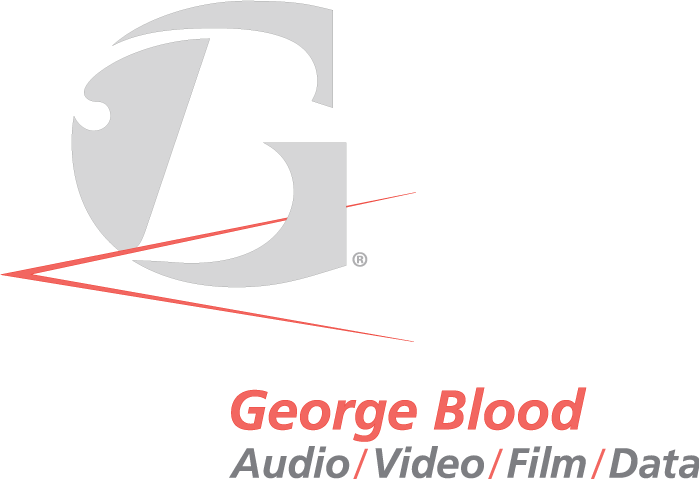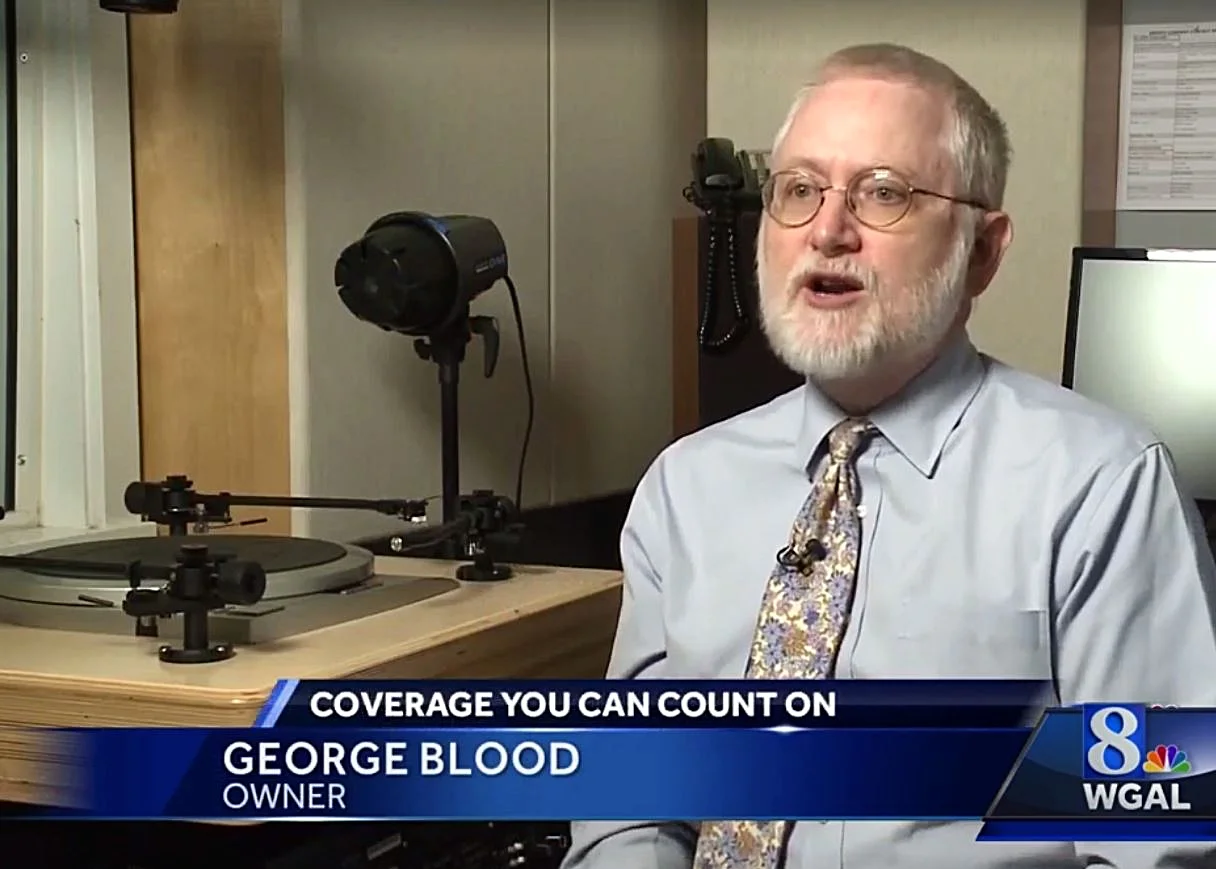The Outreach Committee of the Association for Recorded Sound Collections
(ARSC)
--- ARSC PRESERVATION GRANTS PROGRAM ---
Deadline for receipt of applications: December 15, 2017
The ARSC Program for the Preservation of Classical Music Historical
Recordings was founded by Al Schlachtmeyer and the ARSC Board of Directors
to encourage and support the preservation of historically significant sound
recordings of Western Art Music by individuals and organizations. (This
program is separate from the ARSC Research Grants Program, which supports
scholarship and publication in the fields of sound recording research and
audio preservation.)
The ARSC Program for the Preservation of Classical Music Historical
Recordings will consider funding:
-- Projects involving preservation, in any valid and reasonable fashion,
such as providing a collection with proper climate control, moving a
collection to facilities with proper storage conditions, re-sleeving a
collection of discs, setting up a volunteer project to organize and
inventory a stored collection, rescuing recordings from danger, copying
recordings from endangered or unstable media, etc.
-- Projects promoting public access to recordings.
-- Projects involving commercial as well as private, instantaneous
recordings.
-- Projects involving collections anywhere in the world. (Non-U.S.
applicants are encouraged to apply.)
The program is administered by an ARSC Grants Committee including the chair,
a member of the ARSC Technical Committee, and an expert on classical music.
Grant amounts generally range from $2,000 to $10,000. Grant projects should
be completed within 24 months. Written notification of decisions on projects
will be made approximately three months after the submission deadline.
Applications may be sent as an e-mail attachment to arscgrants@aol.com
Applications should be Word documents in Normal formatting, 12-point font,
with accompanying letters and other materials scanned into PDF files.
For further details, guidelines, and application instructions, visit:
http://www.arsc-audio.org/committees/preservationgrants.html
Grant applications must be received by December 15, 2017.
Questions about the Preservation Grants Program should be directed to Grants
Committee Chair Suzanne Flandreau at arscgrants@aol.com
The Association for Recorded Sound Collections is a nonprofit organization
dedicated to the preservation and study of sound recordings -- in all genres
of music and speech, in all formats, and from all periods. ARSC is unique in
bringing together private individuals and institutional professionals --
everyone with a serious interest in recorded sound.

















